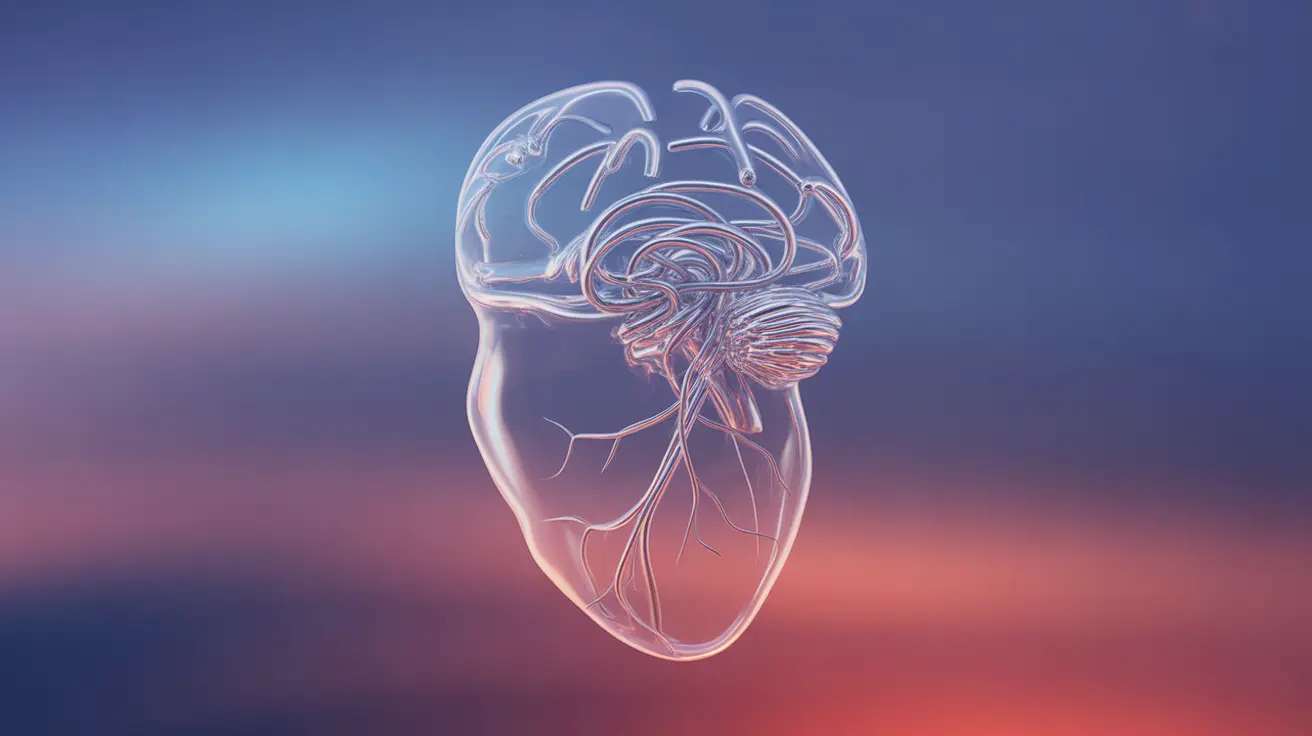Performance anxiety and erectile dysfunction (ED) often create a challenging cycle that can significantly impact both sexual health and emotional well-being. This comprehensive guide explores the connection between psychological stress and erectile difficulties, offering practical solutions and evidence-based approaches for managing this common concern.
While many men experience occasional difficulties with erections, when anxiety about sexual performance becomes persistent, it can lead to ongoing erectile challenges. Understanding this relationship is the first step toward finding effective solutions.
Understanding the Mind-Body Connection
Performance anxiety affects erectile function through various physiological and psychological mechanisms. When anxiety strikes, the body releases stress hormones like adrenaline and cortisol, which can interfere with the normal sexual response. This stress response can constrict blood vessels and redirect blood flow away from the genital area, making it difficult to achieve or maintain an erection.
The psychological impact often creates a self-fulfilling prophecy: worry about performance leads to difficulties, which in turn increases anxiety about future encounters, perpetuating the cycle.
Identifying Anxiety-Related ED
Several key indicators can help determine whether erectile difficulties are primarily anxiety-related:
- Morning erections are normal
- Erections occur during masturbation
- Problems mainly arise during partner interactions
- Symptoms began suddenly rather than gradually
- Performance issues vary depending on the situation
These signs generally suggest a psychological rather than physical cause, though it's important to note that both factors can sometimes be present simultaneously.
Treatment Approaches and Solutions
Professional Support
Working with mental health professionals who specialize in sexual health can provide valuable tools for managing performance anxiety. Cognitive behavioral therapy (CBT) has shown particular effectiveness in addressing anxiety-related sexual concerns.
Communication Strategies
Open dialogue with sexual partners about concerns and expectations can significantly reduce performance pressure. Consider these approaches:
- Express feelings honestly but constructively
- Focus on intimate connection rather than performance
- Establish realistic expectations together
- Create a supportive, judgment-free environment
Lifestyle Modifications
Several lifestyle changes can help reduce anxiety and improve sexual confidence:
- Regular exercise to reduce stress
- Mindfulness and relaxation techniques
- Adequate sleep and stress management
- Limiting alcohol and avoiding recreational drugs
- Maintaining a healthy diet
When to Seek Medical Help
While anxiety-related ED often responds well to self-help strategies, certain situations warrant professional medical attention:
- Symptoms persist for more than two months
- Anxiety becomes overwhelming or affects daily life
- Other health concerns are present
- Relationship difficulties become severe
- Previous treatments haven't been effective
Frequently Asked Questions
What causes performance anxiety to lead to erectile dysfunction?
Performance anxiety triggers the body's stress response, releasing hormones that constrict blood vessels and interfere with normal sexual arousal. This physical response, combined with psychological pressure, can make achieving and maintaining an erection difficult.
How can I tell if my erectile dysfunction is due to performance anxiety or a physical health problem?
Anxiety-related ED typically occurs situationally, with normal erections during sleep or masturbation. Physical causes usually show consistent symptoms regardless of the situation. The presence of morning erections often indicates psychological rather than physical causes.
What are effective treatments for performance anxiety-related erectile dysfunction?
Effective treatments include cognitive behavioral therapy, mindfulness techniques, open communication with partners, and lifestyle modifications. Some men benefit from temporary use of ED medications to help break the anxiety cycle, under medical supervision.
How can I reduce sexual performance anxiety through lifestyle or communication with my partner?
Focus on open, honest communication with your partner, practice stress-reduction techniques, maintain regular exercise, and create a pressure-free intimate environment. Setting realistic expectations and focusing on overall intimacy rather than just performance can help significantly.
When should I see a doctor about erectile dysfunction caused by anxiety?
Seek medical attention if symptoms persist beyond two months, if anxiety becomes severe, or if self-help strategies aren't effective. It's also important to consult a healthcare provider to rule out any underlying physical conditions.




